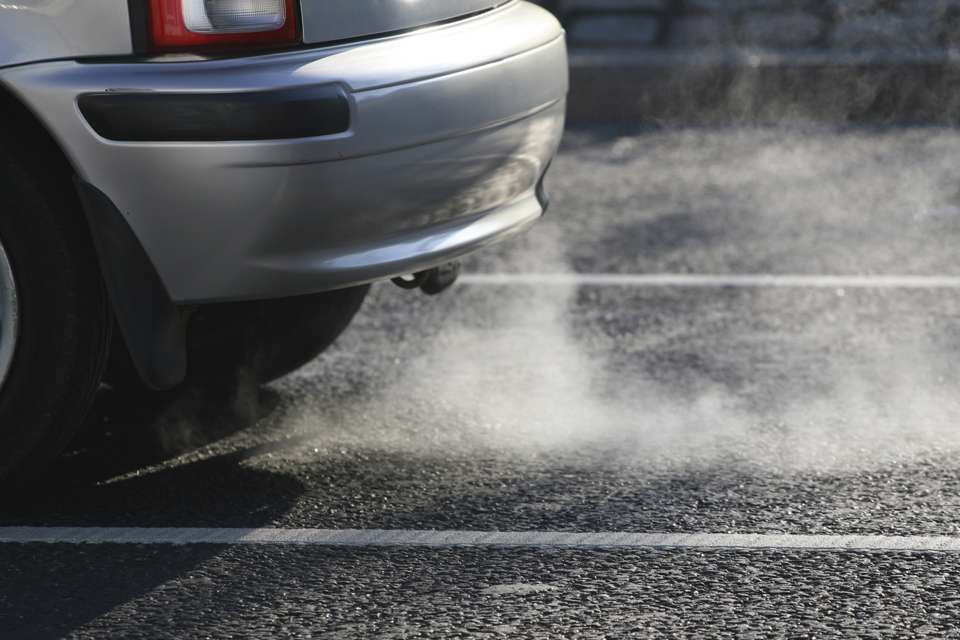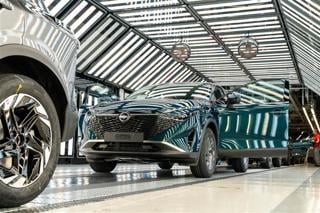The London-wide Ultra Low Emission Zone (ULEZ) scrappage scheme has removed more than 53,000 older, more polluting vehicles from the capital’s roads.
A new report published by Transport for London (TfL) confirms that the scheme has played a significant role in reducing harmful emissions and improving air quality across the city.
Since its launch in January 2023, the scrappage scheme has helped 35,094 cars and 17,964 vans either be scrapped or upgraded to ULEZ-compliant vehicles.
The programme primarily benefited Outer London boroughs, which received 88% of the funding, with Croydon and Hillingdon recording the highest numbers of successful applications.
The scheme is estimated to have cut annual nitrogen oxides (NOx) emissions by around 160 tonnes, particulate matter (PM2.5) by 8.5 tonnes, and carbon dioxide (CO2) by 33,400 tonnes - equivalent to the yearly emissions of 1,000 homes.
Mayor Khan said: “This has made a huge difference to our air quality, and also encouraged many Londoners to take up more sustainable ways of travelling, which will make a lasting difference to our capital. ULEZ compliance is now more than 97%, bringing cleaner air to millions of Londoners."
The report highlights that London’s air quality has improved at 99% of monitoring sites since 2019, and that deprived communities living near busy roads have seen up to an 80% reduction in exposure to illegal pollution levels due to ULEZ.
TfL director of strategy Christina Calderato added: "The scrappage support schemes have been vital in helping Londoners, charities, and businesses remove older, polluting vehicles. Outer Londoners played a leading role, and the move towards more walking, cycling, and public transport use supports the Mayor’s goal of 80% of journeys being made sustainably by 2041."




















Login to comment
Comments
No comments have been made yet.